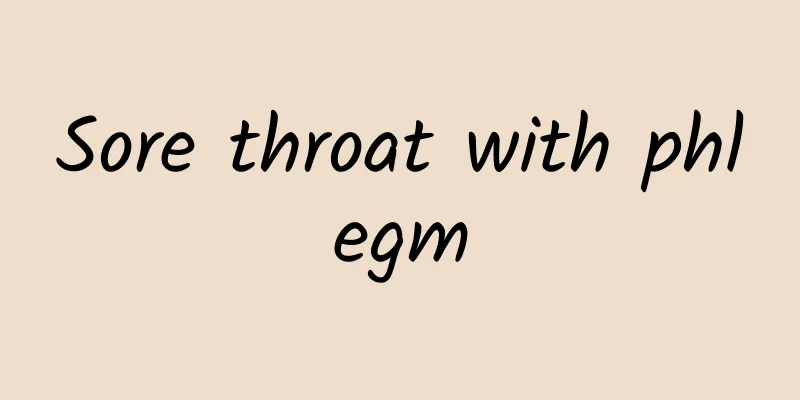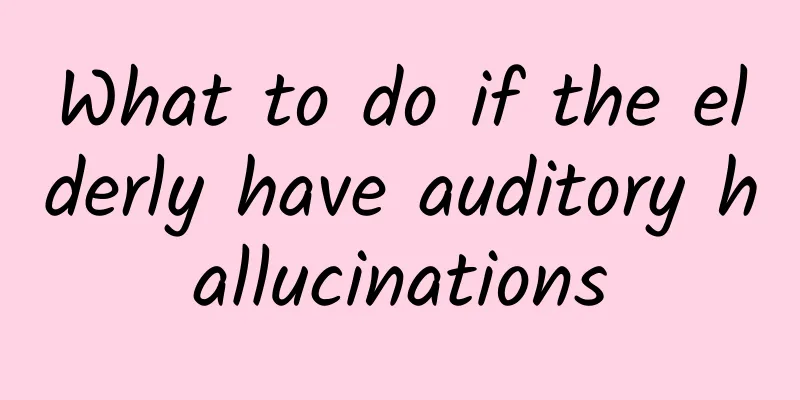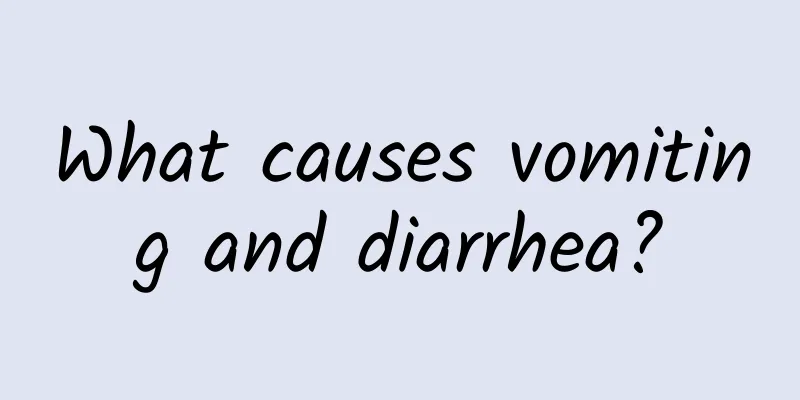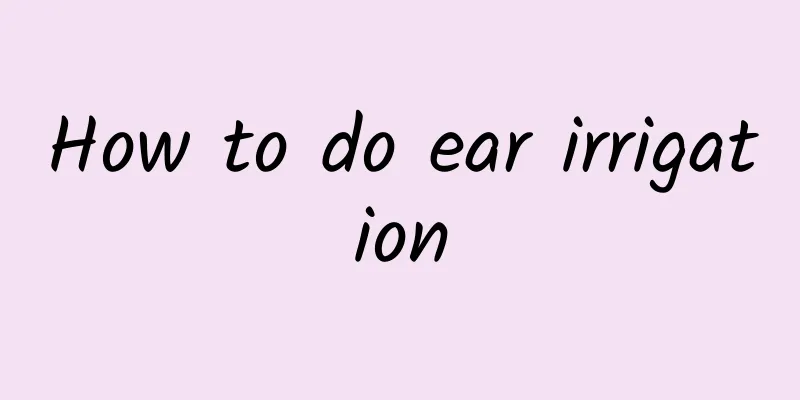Sore throat with phlegm

|
Having phlegm in the throat is a symptom that many cold patients will experience. Patients will also feel sore throat. Some patients can clearly feel that there is phlegm in the throat but cannot cough it out. This has a great impact on the health of people's throat area. Therefore, if you feel thick phlegm in your throat, you must find the cause in time and treat it as soon as possible. So, what should you do if you have a sore throat and thick phlegm? Colds are one of the most common respiratory diseases. There are many kinds of medicines used to treat colds. Because Chinese patent medicines have the characteristics of few side effects and good efficacy, they are very popular among people. However, clinical practice has shown that if Chinese patent medicines are not selected properly, they may also delay the onset of the disease. Traditional Chinese medicine divides colds into four types: wind-cold type colds, wind-heat type colds, summer-heat type colds and seasonal colds (influenza). According to the principle of syndrome differentiation and treatment, different types of colds should be treated with different Chinese patent medicines. 1. Wind-cold type cold: In addition to the general symptoms such as nasal congestion, sneezing, cough, and headache, the patient also has the characteristics of chills, low fever, no sweat, headache and body pain, runny nose, thin white sputum, sweat, red and swollen sore throat, no thirst or thirsty for hot drinks, thin white tongue coating, etc. Usually, the patient needs to wear a lot of clothes or cover himself with a big quilt to feel comfortable. This type of cold is related to the patient's exposure to wind and cold. The principle of treatment should be to use pungent and warm herbs to relieve the symptoms. Patients can choose from cold and flu granules, cold and heat-clearing granules, Jiuwei Qianghuo pills, Tongxuan Lifei pills, Wushicha granules and other medicines for treatment. If the patient also has symptoms of internal heat and constipation, he can take Fangfeng Tongsheng Pills for treatment. Patients with wind-cold type colds should avoid using medicines such as Sangju Cold Tablets, Yinqiao Jiedu Tablets, Lingqiao Jiedu Tablets, and Compound Cold Tablets. The key to treating a cold is to sweat a little (called "Xinwen Jiebiao" in traditional Chinese medicine). There are many ways to do this, including sauna, soaking your feet in hot water (preferably with some wine), covering yourself with two layers of quilts, drinking ginger and sugar water, drinking ginger porridge, etc. The main prescription for treating colds caused by wind and cold is Guizhi Decoction, the first prescription in Treatise on Febrile Diseases, also known as the king of harmonizing prescriptions (Mahuang Decoction is also the main prescription for treating colds caused by wind and cold, but it should be used with caution in the south). Summary: Pungent and warm, it can relieve exterior symptoms, clear the lungs and dispel cold. two , Wind-heat type cold: In addition to the general symptoms of a cold such as nasal congestion, runny nose, cough, and headache, the patient also has high fever, thick yellow sputum, sore throat that usually occurs before the cold symptoms, sputum that is usually yellow or black, and constipation. The principle of treatment should be to relieve the exterior symptoms with pungent and cool properties. Patients can choose from Xiangxue antiviral oral liquid, cold and fever reducing granules, Isatis root granules, Yinqiao Jiedu pills, Lingyang Jiedu pills and other drugs for treatment. Patients with wind-heat type colds should avoid using medicines such as Jiuwei Qianghuo Pills and Lifei Pills. 3. Summer-heat and dampness type cold: Patients show symptoms such as chills, fever, tasteless mouth, headache, head swelling, abdominal pain, diarrhea, etc. This type of cold often occurs in summer. Treatment should focus on clearing away heat, removing dampness and relieving exterior symptoms. Patients can choose to take drugs such as Huoxiang Zhengqi Water and Yinqiao Jiedu Pills for treatment. If the patient has severe gastrointestinal symptoms, it is not advisable to use drugs such as Baohe Pills, Shanzha Pills, and Xiangsha Yangwei Pills. 4. Epidemic colds: The patient's symptoms are similar to those of wind-heat colds. However, the symptoms of patients with epidemic colds are more severe than those of patients with wind-heat colds. Patients may experience sudden chills, high fever, headache, fear of cold, chills, severe headache, body aches, fatigue, nasal congestion, runny nose, dry cough, chest pain, nausea, and loss of appetite. Infants, young children, and the elderly may develop complications such as pneumonia or heart failure. Treatment should focus on clearing away heat, detoxifying, and dispersing wind and relieving the surface. Patients can choose to take drugs such as Xiangxue Antiviral Oral Liquid, Fangfeng Tongsheng Pills, Zhongganling Tablets, and Zhonggan Tablets for treatment. If patients with epidemic colds are treated with only Yinqiao Jiedu Tablets, Qiangli Yinqiao Tablets, Sangju Ganmao Tablets or Niuhuang Jiedu Tablets, the therapeutic effect will be poor. |
<<: Sore throat after vomiting
>>: Sore throat with cephalexin
Recommend
How to remove fat particles at the corners of the eyes?
Normally, the eyes are not prone to illness, but ...
What are the effects and functions of Liujunzi Decoction?
When using Liujunzi Decoction, one must pay atten...
What Chinese patent medicine is best for abdominal bloating due to spleen deficiency?
The feeling of abdominal bloating is very uncomfo...
What exactly is microwave therapy?
Micro-wave therapy is a new type of high-frequenc...
How to treat kidney deficiency, qi deficiency and spleen deficiency? Eight kinds of food treatment
In modern life, due to irregular daily life, fail...
What are the benefits of white sugar licorice tea?
Prostatitis is a male disease. The main reason fo...
Blood in the stool but no pain
Generally speaking, if there is blood in the stool...
Drinking coffee in the afternoon makes me unable to sleep at night
There are many types of coffee. If you don't ...
Whitening and exfoliating, it has 7 major skin care benefits, don’t throw it away!
Rice is a staple food that we eat every day in ou...
Why does drinking coffee cause diarrhea? Beware of enterogenic allergies
Everyone likes to drink coffee, especially people...
What to do if you have acne on your forehead due to internal heat? 6 kinds of food to reduce internal heat and eliminate acne
The weather is hot in summer, and people's li...
What to do if the surgical wound is itchy?
In modern society, cesarean section has become a ...
What should I do if my child easily loses his temper?
Children have the ability to vent their emotions j...
Massage method for gas discharge
Abdominal bloating often occurs in life. It is a ...
How to brew Poria cocos tea? What diseases can be treated
Poria cocos has the effects of clearing the mind ...









